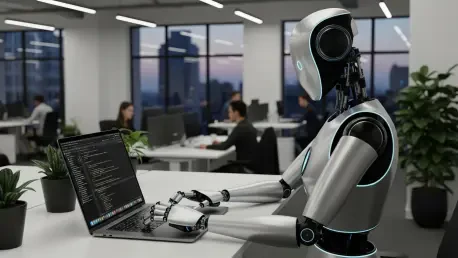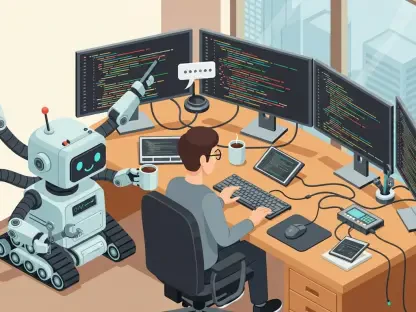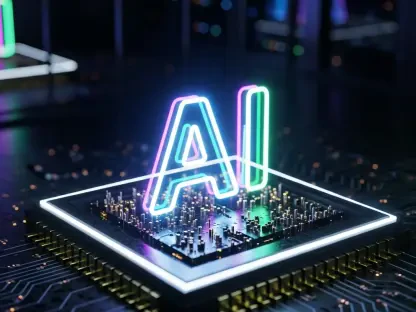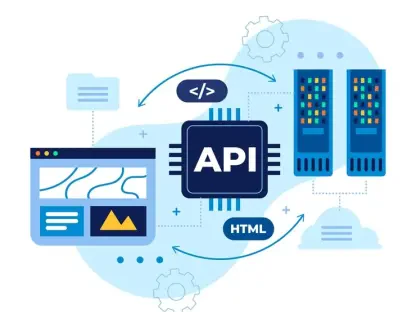How is the front-end world transforming under the influence of artificial intelligence, and what does this dramatic shift mean for developers? As AI technology continues to advance at breakneck speed, professionals are grappling with new realities and opportunities. The big question is whether these changes are shaping a future where AI and human creativity coexist harmoniously or if AI is entirely rewriting the rulebook.
The New Digital Brush
AI is fundamentally transforming how web developers approach their craft. Traditionally, coding was a meticulous, detail-oriented task requiring significant human insight. However, AI is now enhancing this process, enabling seamless interactions between code and design. This enhancement redefines creativity in web development, shifting it from manual coding to AI-augmented environments where developers guide and refine AI-generated drafts.
Evaluating AI’s Influence
The rapid adoption of AI within the tech industry has sparked both excitement and concern among developers. While AI tools improve efficiency, they also raise questions about job security amid growing automation. The industry is witnessing an increasing demand for developers skilled in AI-enhanced technologies, aligning with technological trends that prioritize AI integration. As AI continues to evolve, developers are prompted to remain informed and adaptive to maintain relevance in the changing market.
Adapting to AI-Powered Tools
AI tools like GPT-4 now assist developers by generating substantial portions of front-end code. Although AI can handle common languages and frameworks like HTML, CSS, and React proficiently, developers must still tackle the nuances AI struggles to grasp, such as context and specific project requirements. Challenges in customizing AI-generated code to align with unique project specifications highlight the need for human intervention to ensure accuracy and functionality.
Insights from Industry Experts
Prominent voices in web development, such as Santiago Valdarrama, have recognized AI’s profound influence on industry roles. Developers who have successfully integrated AI into their processes share stories of innovation and adaptation, recounting how they’ve overcome challenges by blending AI with human expertise. These insights emphasize that while AI can amplify productivity, human creativity remains vital to achieving optimal results.
Preparing for Future Roles
For developers, preparing for an AI-driven future involves embracing new strategies and skill sets. Leveraging AI tools demands proficiency in prompt engineering and an openness to integrating AI into existing workflows. The rising popularity of the “designgineer” role illustrates a shift toward merged design and engineering responsibilities, showcasing a need for versatile skill sets that AI complements rather than replaces.
Looking Ahead: Embracing Change
In the evolving landscape of front-end development, AI’s integration offers not just challenges but opportunities for innovation and growth. By adopting AI tools and focusing on irreplaceable human skills, developers can maintain and enhance their roles in the industry. Embracing AI’s capabilities, rather than resisting them, prepares professionals for a future where creativity, context, and collaboration between humans and machines define success. As developers adapt, they do more than keep pace—they redefine the digital frontier.









